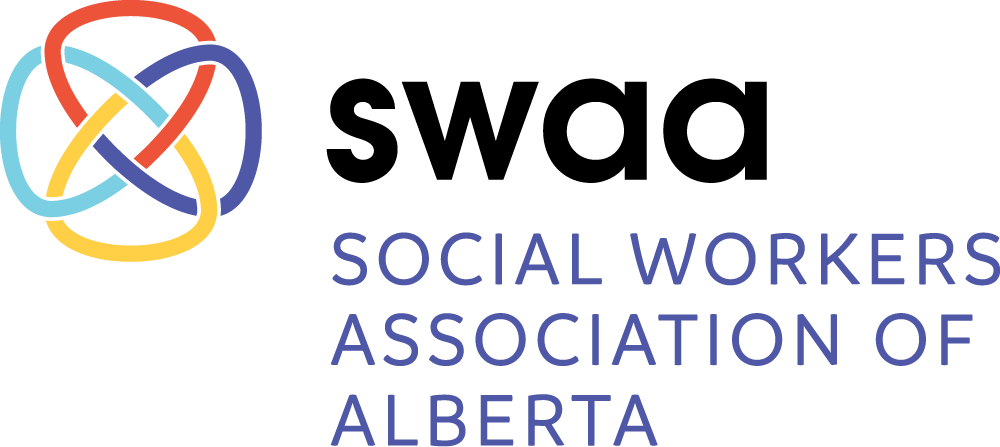National Indigenous Peoples Day – June 21, 2025
Honouring the Past, Embracing Truth
Each year on June 21, people across Canada come together to recognize and celebrate the diverse cultures, languages, knowledge systems, and contributions of First Nations, Inuit, and Métis peoples. National Indigenous Peoples Day takes place during the summer solstice, the longest day of the year and a sacred time in many Indigenous communities that marks renewal, connection to the land, and the power of sunlight and spirit.
National Indigenous Peoples Day was first recognized in 1996, following calls from Indigenous leaders for a National Day of Recognition. It evolved from earlier celebrations, such as National Aboriginal Solidarity Day, and continues to grow. It is one part of a broader effort to ensure Indigenous peoples are not only acknowledged but respected as sovereign Nations and leaders in Canada’s future.
Despite the federal recognition of this day, many communities still lack adequate funding, visibility, and space to lead these celebrations on their own terms. True honouring of Indigenous Peoples Day means making room for self-determined expression and supporting Indigenous voices, not just symbolically, but through action, policy, and resources.
This is a day of celebration, indeed, but also a day of truth. It is a time to recognize not only the beauty and resilience of Indigenous cultures but also the legacies of harm, displacement, and resistance that shape the present.
Why This Day Matters
For generations, Canada’s relationship with Indigenous peoples has been shaped by colonial violence, including residential schools, the Sixties Scoop, loss of land and language, discriminatory policies, and systemic neglect. These actions have had intergenerational impacts that are still felt today in disparities in health, housing, justice, education, and child welfare systems.
National Indigenous Peoples Day is a reminder that Indigenous peoples are not relics of the past, but living, thriving Nations whose knowledge, laws, and stories continue to shape this land.
“We are not just survivors of history. We are the authors of our future.”
- Chief Robert Joseph, Hereditary Chief of the Gwawaenuk First Nation
Honouring Indigenous History, Presence, Culture, and Sovereignty
To honour Indigenous history means we need to move beyond commemoration and toward accountability. It begins with acknowledging that Indigenous peoples have lived on these lands since time immemorial, long before colonial borders or the concept of Canada existed. Their histories are not only ancient but ongoing, rooted in relationships to land, water, spirit, and community that have withstood centuries of attempted erasure. Honouring this history means recognizing the truth of colonial violence: land dispossession, residential schools, the Sixties Scoop, and the continued denial of sovereignty. But it also means acknowledging the strength, knowledge, and continuity of Indigenous Nations who remain thriving, resisting, and leading.
History is not something we leave in the past. It lives in the present, in the names we forget to say, in the policies that still exclude, and in the systems that continue to benefit settlers at the expense of Indigenous lives. To honour Indigenous history is to confront these truths openly and to act on the responsibilities they create. This includes acknowledging the land we live on, not as a script, but as a lived relationship. Every piece of land holds stories and laws that have been passed down through generations. These are not abstract concepts; they are histories carried in the languages, practices, and protocols of Indigenous peoples, still alive today.
Land acknowledgments, when offered sincerely, can be a small first step toward honouring these histories. But they must be matched by deeper efforts: learning the true history of the land, listening to the teachings rooted in it, and supporting the Nations who continue to care for it. To honour Indigenous history is to accept that we are part of that history, and that how we choose to act, today, tomorrow, and every day, either deepens injustice or moves us toward reconciliation.
Honouring the teachings passed down through Indigenous communities means respecting the integrity of Indigenous knowledge systems and not extracting them for convenience. To truly learn and embrace truth, we need to unlearn the colonial perspectives about history, land, and belonging. It means questioning the narratives that position Indigenous peoples as disappearing, as past tense, or as dependent on systems that were never built with them in mind. It means to stop centring settler comfort and begin centring Indigenous truths, experiences, and visions for the future. As Yuk-Lin Renita Wong writes, unlearning colonial ways of being requires mindfulness, not only in thought but in how we feel and move through the world: “With mindfulness... I can see no fixed or solid identity that I can call ‘me’.” In this spirit, we are asked to unlearn the mythologies of colonial innocence and instead walk with humility, accountability, and a willingness to change.
To truly honour Indigenous history is to support Indigenous futures. This means learning whose lands we are on and engaging with the Truth and Reconciliation Commission’s Calls to Action and the Final Report of the National Inquiry into Missing and Murdered Indigenous Women and Girls. It means supporting Indigenous artists and entrepreneurs, not only for their creativity, but for the cultural continuities they carry forward. It means recognizing that every Indigenous language revitalized, every story shared, and every governance system defended is not only a legacy of the past but a path forward.
Honouring Indigenous history is not about guilt, it’s about responsibility. It is about showing up in ways that are grounded, relational, and sustained. It is about creating space, shifting power, and committing to justice, not as a slogan, but as a way of life.
Written by Evetta Solomon
Resources
Indian Horse by Richard Wagamese (Ojibwe)
This Wound is a World by Billy-Ray Belcourt (Driftpile Cree)
The Break by Katherena Vermette (Métis)
The Place of Scraps by Jordan Abel (Nisga’a)
Whitemud Walking by Matthew James Weigel (Denesuline/Métis)
